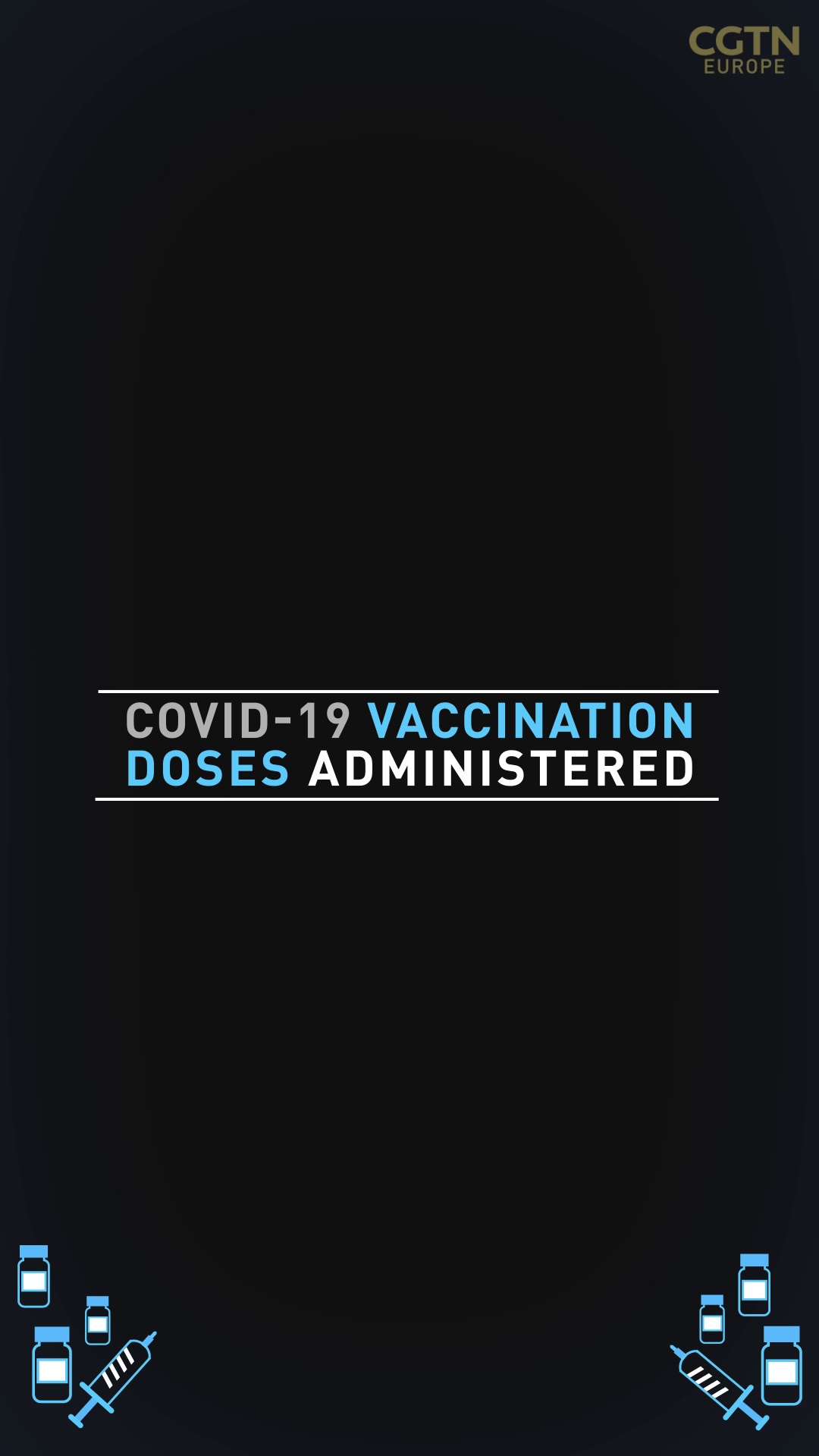
Tedros Adhanom Ghebreyesus, the head of the World Health Organization, speaking during the 74th World Health Assembly. /AFP/ Christopher Black
Tedros Adhanom Ghebreyesus, the head of the World Health Organization, speaking during the 74th World Health Assembly. /AFP/ Christopher Black
The COVID-19 pandemic is being perpetuated by a "scandalous inequity" in vaccine distribution ,according to Tedros Adhanom Ghebreyesus, the director-general of the World Health Organization (WHO). He was one of a raft of high-profile speakers to open the 74th World Health Assembly hosted virtually in Geneva.
The annual ministerial assembly has pandemic solutions and preventions high on its lengthy agenda for the coming week.
Alongside COVID-19, the group discussed issues from mental health, patient safety, non-communicable diseases to antimicrobial resistance and laboratory safety.
But the battleground will be the international vaccine program and victory will be judged by the extent of future international cooperation and funding.
"The ongoing vaccine crisis is a scandalous inequity that is perpetuating the pandemic," Ghebreyesus said.
"More than 75 percent of all vaccines have been administered in just 10 countries. There is no diplomatic way to say it – a small group of countries that make and buy the majority of the world's vaccines control the fate of the rest of the world."
He urged countries to donate vaccine doses to the COVAX program to inoculate 10 percent of populations of all countries by September, and 30 percent by the end of the year.
00:20

It's a monumental task but other world leaders were there to offer their support including Antonio Guterres, secretary-general of the United Nations, Germany's Chancellor Angela Merkel, and France's President Emmanuel Macron.
"We have to improve the funding for the World Health Organization," Macron said. "So, that it is more sustainable, more foreseeable and less dependent on a few large donors."
There were urgent calls from developing countries as well to re-enforce international concerns about struggling health care systems and lack of vaccination infrastructures.
The plight of countries such as India is being held up as evidence that the world cannot tackle medical emergencies like COVID-19 until primary healthcare is available for all citizens around the world.
Disease, it was agreed, spreads along the fault lines of inequality.
The WHO is likely to raise again the issue of manufacturing of vaccine products and put pressure on developers to allow plants in other countries to produce their vaccines, something that has so far been resisted.
The Assembly will continue until June 1.

